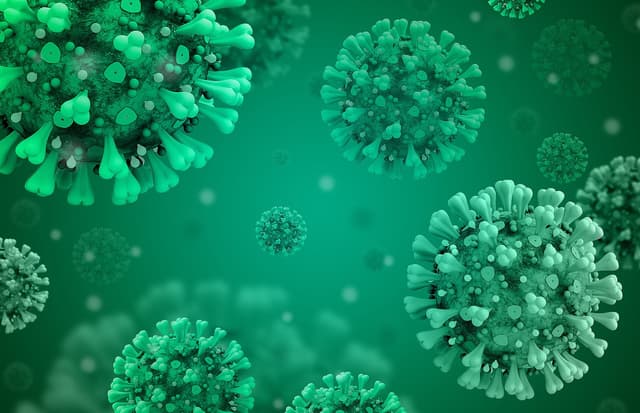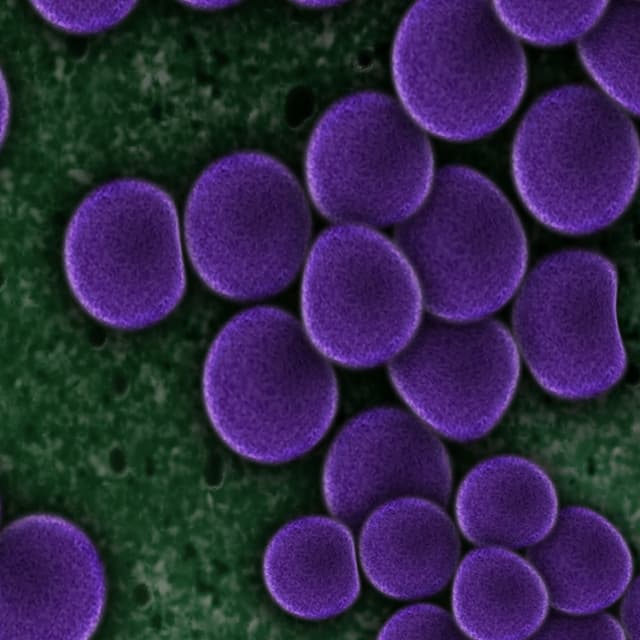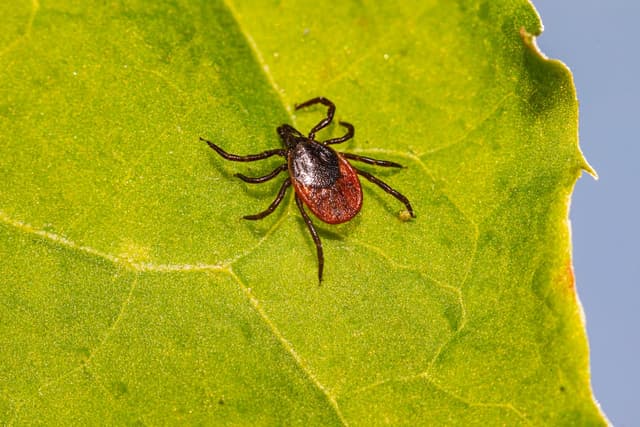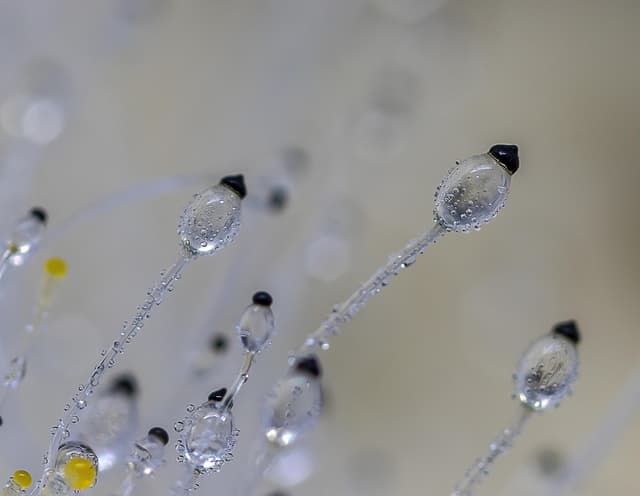Myths about teaching can hold you back
- Year 6
The 5 Rs (non-statutory Climate Change & Sustainability)
I can describe the 5Rs and how foods decompose (rot) to form useful nutrients for crops.
- Year 6
The 5 Rs (non-statutory Climate Change & Sustainability)
I can describe the 5Rs and how foods decompose (rot) to form useful nutrients for crops.
These resources will be removed by end of Summer Term 2025.
Switch to our new teaching resources now - designed by teachers and leading subject experts, and tested in classrooms.
These resources were created for remote use during the pandemic and are not designed for classroom teaching.
Lesson details
Key learning points
- The 5Rs are Refuse, Reduce, Reuse, Recycle and Rot.
- Compost is made by allowing certain types of food waste and other materials to decompose over time.
- Compost provides nutrients to help plants grow and be healthy.
- Compost needs air, moisture and the right mix of waste food and materials.
- Compost can be used in the school grounds to help plants and animals grow.
Keywords
Rot - When something rots it decays or decomposes.
Compost - Compost is useful for growing plants. It can be made by rotting down certain types of food and garden waste.
Nutrient - Nutrients are substances that living things use to stay alive and healthy. Animals take in nutrients from their food.
Decompose - To decompose is to break down or decay.
Micro-organism - A micro-organism is a very tiny living thing.
Common misconception
Pupils may think that compost is just dirt or mud, or is no different from soil.
Explain that compost has a different composition to soil, and is full of nutrients that are beneficial to growing plants.
To help you plan your year 6 science lesson on: The 5 Rs (non-statutory Climate Change & Sustainability), download all teaching resources for free and adapt to suit your pupils' needs...
To help you plan your year 6 science lesson on: The 5 Rs (non-statutory Climate Change & Sustainability), download all teaching resources for free and adapt to suit your pupils' needs.
The starter quiz will activate and check your pupils' prior knowledge, with versions available both with and without answers in PDF format.
We use learning cycles to break down learning into key concepts or ideas linked to the learning outcome. Each learning cycle features explanations with checks for understanding and practice tasks with feedback. All of this is found in our slide decks, ready for you to download and edit. The practice tasks are also available as printable worksheets and some lessons have additional materials with extra material you might need for teaching the lesson.
The assessment exit quiz will test your pupils' understanding of the key learning points.
Our video is a tool for planning, showing how other teachers might teach the lesson, offering helpful tips, modelled explanations and inspiration for your own delivery in the classroom. Plus, you can set it as homework or revision for pupils and keep their learning on track by sharing an online pupil version of this lesson.
Explore more key stage 2 science lessons from the Why we group and classify living things unit, dive into the full primary science curriculum, or learn more about lesson planning.

Equipment
If making compost, aim for a 50:50 mixture of greens (grass cuttings and other plants) and browns (dry leaves, twigs, hay, card, paper etc). Do not compost food waste. Keep the heap damp, not wet.
Content guidance
- Exploration of objects
Supervision
Adult supervision recommended
Licence
Prior knowledge starter quiz
6 Questions
Q1.Plants absorb water and nutrients from the they are growing in.
Q2.Which of these is not a micro-organism?




Q3.Humans create lots of waste everyday at home and school or work. What is waste?
Q4.Match the living thing to the correct group.
micro-organism
insect
mollusc
amphibian


